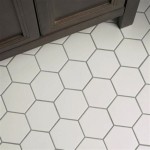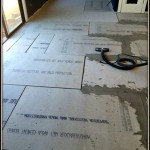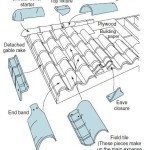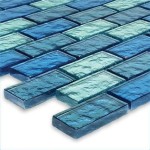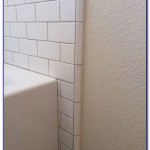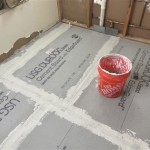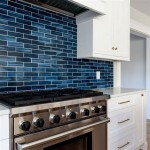Do I Need Cement Board Under Floor Tile in My Kitchen?
Installing tile flooring in your kitchen can significantly enhance its aesthetic appeal and durability. However, the process requires careful planning and consideration of various factors, including whether to use cement board as a substrate. Cement board, a rigid panel made from cement and fibers, provides a stable and moisture-resistant layer beneath your tile. But is it always necessary? This article explores the factors influencing the need for cement board under floor tile in your kitchen, helping you make an informed decision.
1. Subfloor Type and Condition
The type and condition of your existing subfloor play a crucial role in determining the need for cement board. If you have a solid and stable plywood or OSB subfloor, it might be sufficient for tile installation, especially if it meets the recommended thickness and spacing requirements. However, subfloors with uneven surfaces, cracks, or significant moisture issues often require a layer of cement board to create a level and durable foundation.
Here's a breakdown of subfloor types and their suitability for tile installation:
- Plywood or OSB: Generally suitable for tile with proper thickness and spacing, but may require additional support in areas prone to deflection.
- Concrete Slab: Usually a good base for tile if it's smooth, level, and free of cracks. However, cracks or unevenness may necessitate a layer of cement board for leveling and moisture control.
- Wood Subfloor: Not ideal for tile unless it's properly reinforced and sealed. Cement board can help mitigate movement and moisture issues.
2. Moisture Control
Moisture is a significant concern when installing tile, especially in kitchens and bathrooms. Water spills, splashes, and steam can seep into the subfloor, potentially causing warping, rot, and mold. Cement board provides an effective barrier against moisture, preventing it from reaching the subfloor and compromising the tile installation.
Factors that increase the risk of moisture intrusion and necessitate cement board include:
- High Humidity: Kitchens with high humidity levels require a moisture barrier to protect the subfloor.
- Leaky Plumbing: If your kitchen has a history of leaks or is prone to plumbing issues, using cement board can help prevent water damage.
- Direct Contact with Ground: If your kitchen floor is directly above a crawl space or basement, a layer of cement board will provide a moisture barrier.
3. Tile Type and Size
The type and size of the tiles you choose can also influence the need for cement board. Large format tiles, particularly those with a smooth surface, can be more susceptible to movement or cracking on a less stable subfloor. Cement board provides a more rigid surface for these tiles, minimizing the risk of cracking or delamination.
Additionally, certain types of tile require a specific substrate for optimal installation. For example, some tiles are designed for use with thin-set mortar, which adheres directly to a cement board substrate. Using the appropriate substrate ensures proper installation and long-lasting results.
While cement board offers numerous advantages, it's essential to weigh these benefits against the additional time, labor, and cost involved in its installation. If your subfloor is solid, level, and free from moisture issues, you might be able to skip using cement board. However, if you're dealing with any of the above factors, using cement board can provide a more durable and reliable foundation for your tile installation, ultimately ensuring a beautiful and long-lasting kitchen floor.

How To Install Cement Board The Home Depot

How To Install Cement Board The Home Depot

How To Install A Cement Board For Tiling Beaumont Tiles

Cement Board Installation On Floors 5 Mistakes To Avoid Diytileguy

How To Choose The Right Backer Board For Tile Blog

Tile Underlayment The Complete Guide For Beginners Diytileguy

Create A Solid Foundation How To Install Cement Board On Your Floor

Installing Cement Backerboard For Tile Flooring Hometips

Durock Cement Board Do S And Dont

How To Install Cement Board The Home Depot
Related Posts

